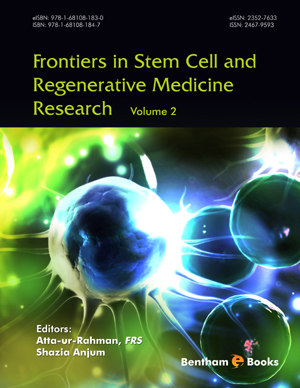Abstract
Since their discovery in 2006, induced pluripotent stem cells (iPSCs) have generated much excitement as a potential source of therapeutic cells. Diverse applications, including for diabetes, neurological and ocular disorders, and heart failure are currently being investigated, and new therapies could enter into a growing regenerative medicine market. Despite this, there are significant challenges in the development of iPSC therapeutics and their ultimate translation to clinical use. Heterogeneity in iPSC products can be introduced throughout the complex process of iPSC generation and selection. Challenges with, and current approaches to, developing scalable, consistent methods for reprogramming of somatic cells, and selection, validation and characterization of iPSCs are, therefore, discussed in the context of good manufacturing guidelines and quality assurance. Further, we discuss issues and considerations with immuno-compatibility and the possible need for immune suppression. The final barrier to the development of iPSC therapeutics discussed is intellectual property.
Keywords: iPSC translation, iPSC therapy, cell therapy, reprogramming method, iPSC selection, iPSC validation, immunology, intellectual property, translation, healthcare risk management, risk: benefit analysis, commercialization, bio manufacturing, bioprocessing, intellectual property.






















